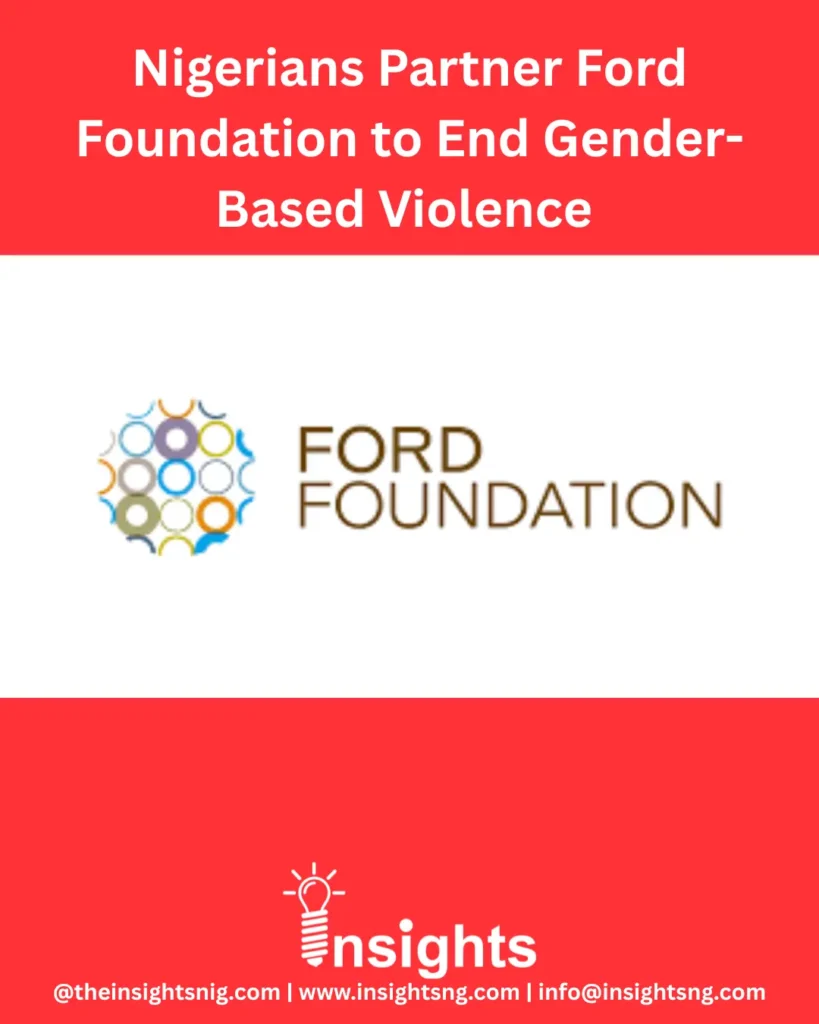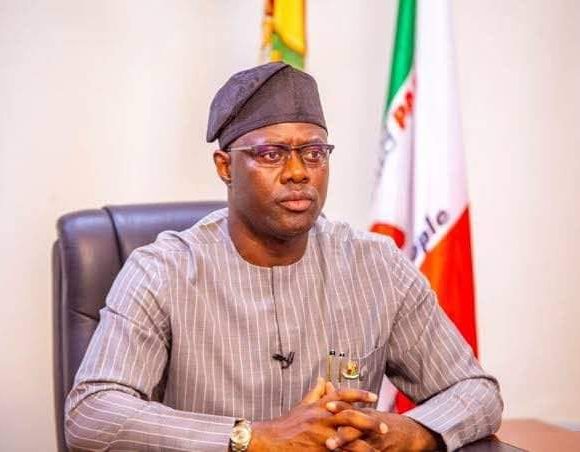Nigerians Partner Ford Foundation to End Gender-Based Violence
Traditional and religious leaders from Nigeria have joined forces with the Ford Foundation to tackle gender-based violence (GBV) across West Africa. This collaboration aims to challenge harmful cultural and religious practices that encourage abuse and inequality, especially at the grassroots level.
The effort was discussed during a hybrid forum titled “Traditional, Religious, and Community Leaders Driving Meaningful Change”, held at the Ford Foundation Centre for Social Justice in New York. The forum was part of the 69th session of the Commission on the Status of Women and marked 30 years since the Beijing Declaration.
Tackling the Culture of Silence
The Ford Foundation described the initiative as a major step toward breaking the “culture of silence” around GBV. Sarita Gupta, Vice President of U.S. Programs at the Foundation, emphasized the influence of cultural leaders in shaping societal norms. “By working together with local leaders, we can create lasting change that prevents violence and promotes gender equality,” she said.
Nigerian Leaders Speak Up
Nigeria was represented by the Obi of Onitsha, Igwe Nnaemeka Achebe; Reverend Father George Ehusani, Executive Director of Lux Terra Leadership Foundation; and Dr. Awwal Nasir, a Northern Nigerian Imam and member of the Development Research and Projects Centre.
Igwe Achebe pointed out that GBV is worsened by poverty, unemployment, and substance abuse. He called for economic empowerment, more female leadership, and mediation efforts to help reduce violence in communities.
Reverend Father Ehusani urged religious leaders to reject harmful interpretations of scriptures. He shared that his foundation, with support from the Ford Foundation, has trained over 500 Christian leaders and created Centres of Excellence to support women’s rights.
Dr. Nasir also noted the role of faith-based outreach in Northern Nigeria. He explained how the Muslim Opinion Leaders project uses sermons and community discussions to reshape societal views on GBV while staying true to Islamic values.
“To end gender-based violence, we must work with the custodians of culture — our traditional and religious leaders — to change mindsets, empower communities, and protect the rights of women and girls.”
Community Advocacy Matters
Priscilla Usiobaifo, founder of BraveHeart Initiative, emphasized the importance of grassroots efforts in ending harmful practices like female genital mutilation and widowhood rites. “Changing deep-rooted cultural practices starts at the grassroots,” she said.
Participants called for stronger laws, better cultural awareness, and inclusive systems to protect women and girls. The Ford Foundation reiterated its support for working with community leaders to promote positive traditions and eliminate harmful ones. This united front is a crucial step toward building a just and equal society for all.











